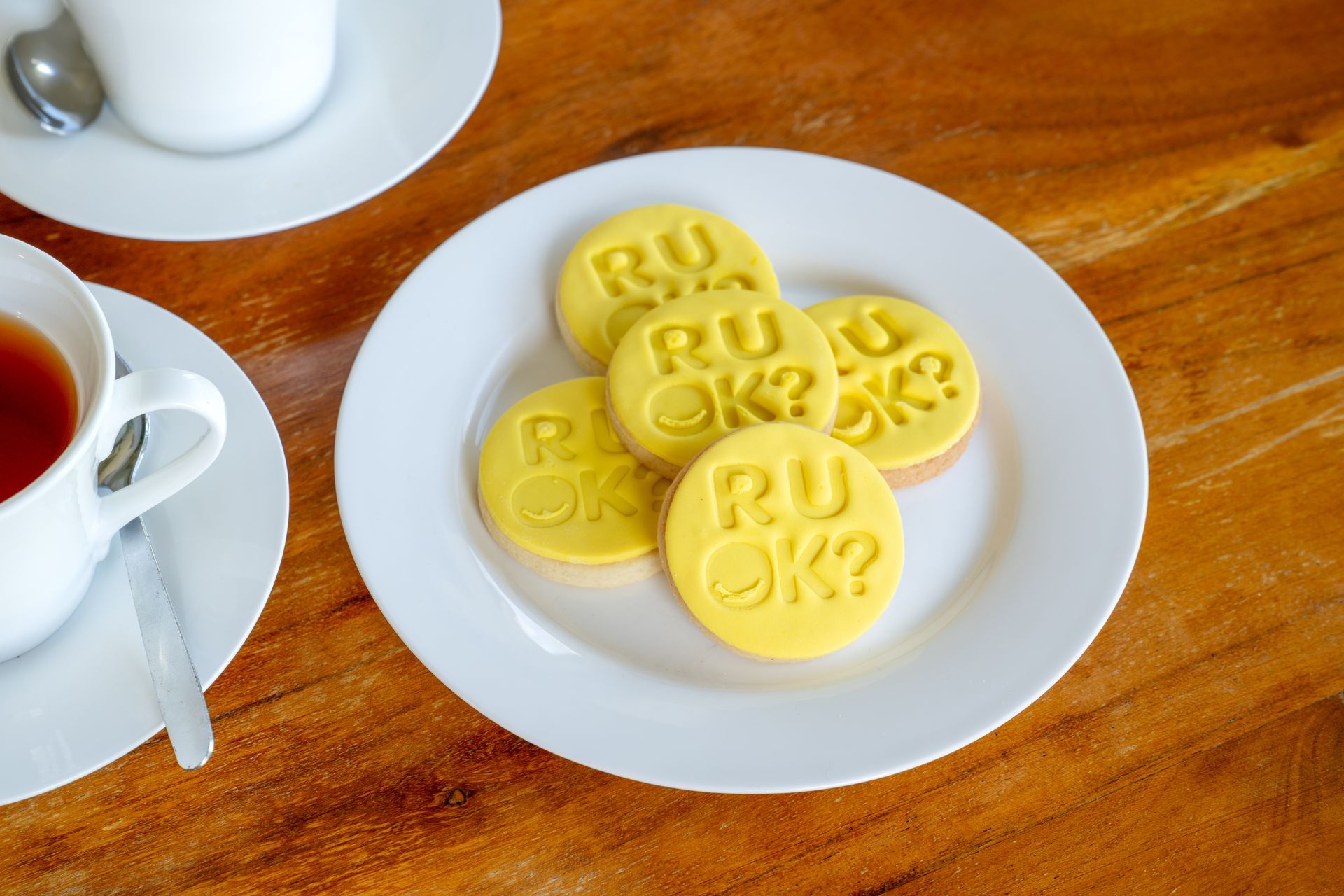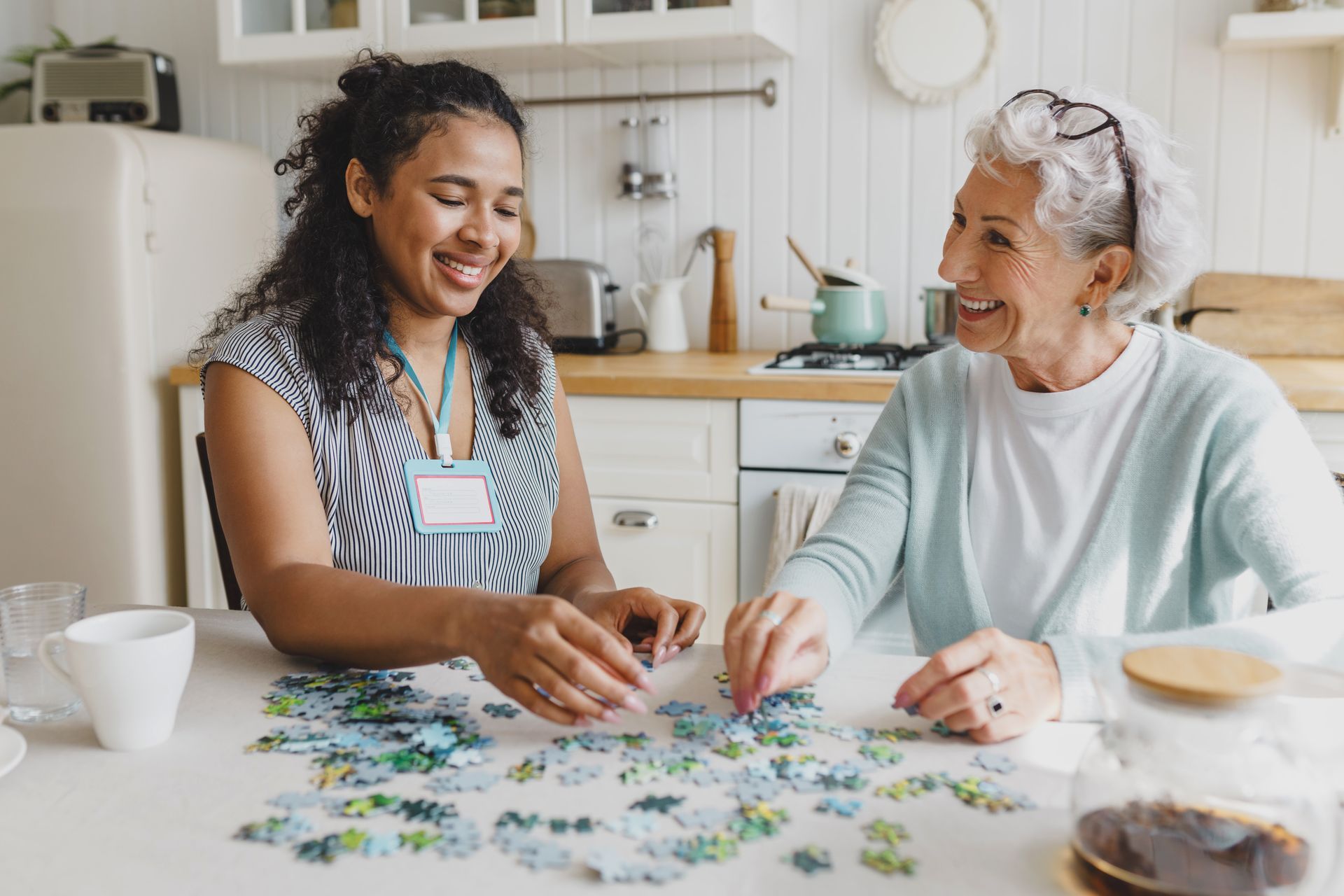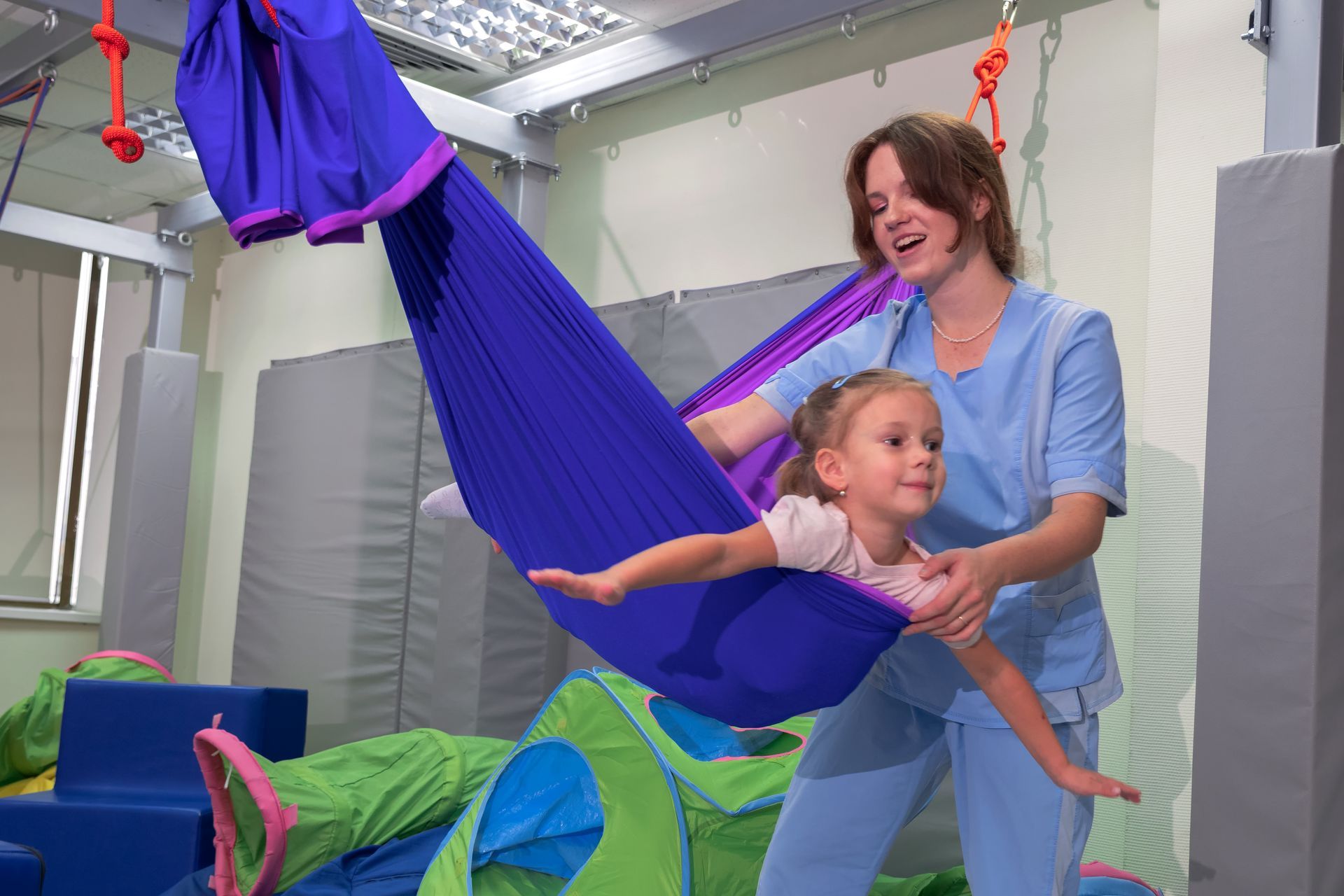R U OK? Day: Every Day is a Chance to Check In


Cindy Johnson
Senior Behaviour Support Practitioner at helpz
R U OK? Day, held this year on Thursday, 11 September, is a powerful reminder of the importance of connection, compassion, and conversation. It’s a day that encourages all Australians to ask a simple but potentially life-changing question: “Are you OK?”
But the message of R U OK? Day goes beyond just one day. It’s about building a culture where checking in on each other becomes part of our everyday rhythm, whether at work, at home, or in our communities.
The Importance of Self-Care in Practice
As professionals within the disability field, we often remind the people we support about the value of self-care, emotional regulation, and balance. But as Senior Behaviour Support Practitioner, Cindy Johnson, has been championing through her work with Helpz, it’s equally important that we apply these principles to ourselves.
Cindy reminds us of the reality that elevated cortisol levels, caused from any type of stress, can impact our focus, decision-making, and overall wellbeing. When we neglect our own needs, we risk burnout, compassion fatigue, and reduced effectiveness in our roles.
Restorative Practices for Everyday Wellbeing
Incorporating small, restorative activities into our daily lives can make a big difference. These include:
- Walking in nature to reconnect and decompress
- Breathing exercises to calm the nervous system
- Spending time outdoors to reset and recharge
These practices aren’t just good for us, they also help us model healthy coping strategies for those we support.
Making Every Day a Check-In Day
Use the upcoming R U OK? Day as a reminder to ask someone how they’re doing. A quick message, a coffee catch-up, or a moment of genuine interest can open the door to meaningful support. And just as we check in on others, we must also check in with ourselves.
Ask yourself:
- Am I feeling overwhelmed?
- Have I taken time to rest and recharge?
- What do I need today to feel balanced?
- Should I speak to someone else about how I am feeling?
Leading by Example
By prioritising our own wellbeing, we not only safeguard our health but also strengthen our capacity to support others. Cindy Johnson reminds us that self-care is not selfish, it’s
essential.
Let’s continue to lead with empathy, model resilience, and make every day an opportunity to ask, “Are you OK?”







